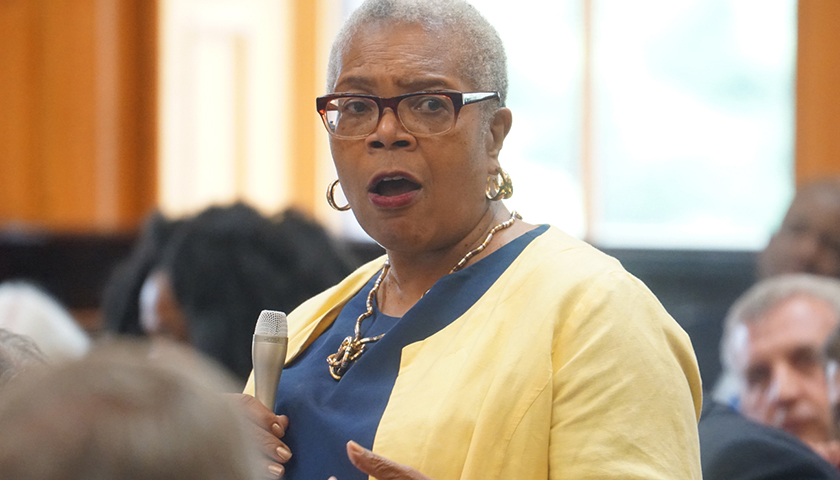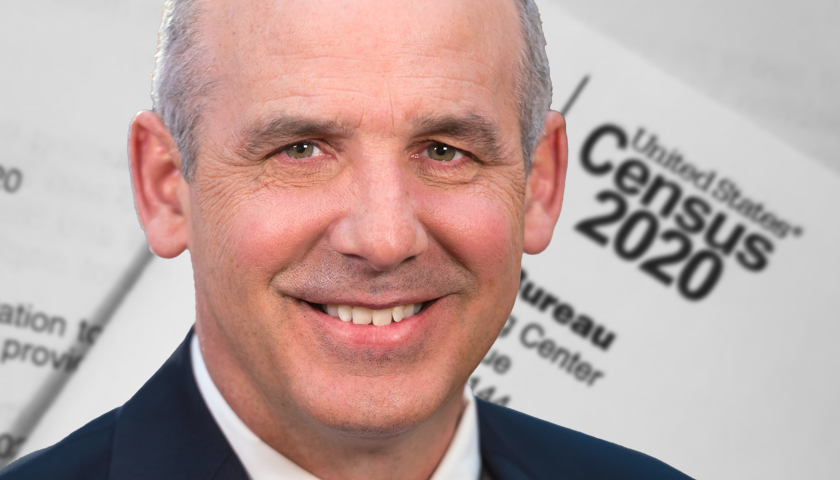Over the past few years, states in the American South have come to economically surpass the Northeast, owing to policies like lower taxes and better business environments spurring prosperity and population growth, experts told the Daily Caller News Foundation.
The gross domestic product of Florida, Texas, Georgia, the Carolinas and Tennessee surpassed the cumulative economy of the Northeast in 2020 for the first time since data has been tracked and has continued to exceed growth since, according to data from the Bureau of Economic Analysis compiled by Bloomberg. The growth comes as businesses and people flock to the region seeking affordability, job opportunities, lighter tax and regulation laws and freedom from dense urban areas, according to experts who spoke to the DCNF.
Read the full story















